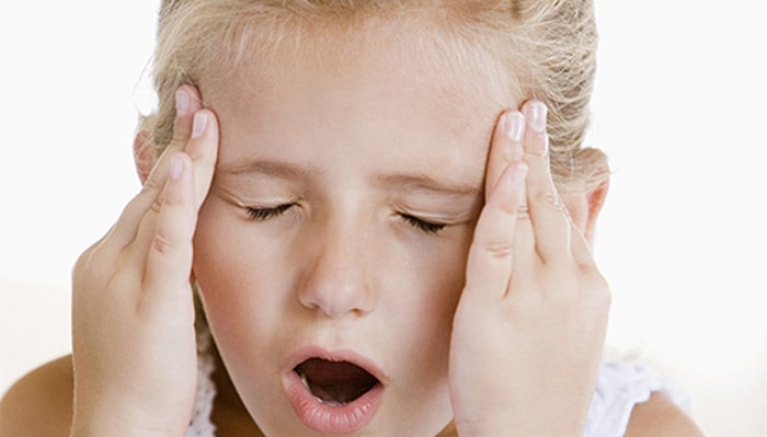Link Between Chronic Migraine and Depression! Overview
Dec 05, 2023 By Marie White
In addition to the physical pain and discomfort, chronic migraines can significantly impact one's mental health. Specifically, there is a strong link between chronic migraine and depression. This article will explore this link and discuss how it can impact those suffering from chronic migraines.
The Link Between Chronic Migraine and Depression
Research has consistently shown a strong link between chronic migraine and depression. One study found that individuals with chronic migraines are more than four times as likely to experience depression as those without migraines. Additionally, those who suffer from chronic migraines and depression tend to have more severe and frequent headaches than those who do not experience depression. There are several reasons why chronic migraines and depression may be linked. First, both conditions involve changes in brain chemistry. Migraines are caused by changes in blood flow and chemical activity in the brain, while depression is associated with imbalances in certain brain chemicals, such as serotonin and norepinephrine. This shared mechanism may help to explain why the two conditions often co-occur.
Additionally, chronic migraines can significantly impact one's quality of life. Individuals with chronic migraines often experience severe pain and sensitivity to light and sound, which can interfere with their ability to work, socialize, and engage in everyday activities. This can lead to feelings of frustration, sadness, and hopelessness, which are all symptoms of depression. Moreover, the stress and anxiety associated with chronic migraines can also contribute to depression. Living with a chronic condition can be incredibly stressful and overwhelming, and the fear of experiencing another migraine can create constant anxiety. Over time, this chronic stress and anxiety can take a toll on one's mental health and contribute to depression.
The Impact of Chronic Migraine and Depression on Daily Life
The impact of chronic migraine and depression on daily life can be significant. Individuals with chronic migraines and depression may find it difficult to complete everyday tasks, such as working, caring for their families, or even getting out of bed in the morning. They may also experience difficulty concentrating, memory problems, and a lack motivation.
In addition, chronic migraine and depression can also affect one's social life. Those who suffer from chronic migraines and depression may withdraw from social activities and relationships due to fear of experiencing another migraine or feelings of sadness and hopelessness. This isolation can further exacerbate feelings of depression and anxiety, creating a cycle that can be difficult to break.

Treatment Options for Chronic Migraine and Depression
If you suffer from chronic migraines and depression, seeking treatment as soon as possible is essential. The longer these conditions go untreated, the more severe they can become. There are several treatment options available for those who suffer from chronic migraines and depression, including:
- Medications: Several medications can be effective in treating chronic migraines and depression. Antidepressants can be beneficial, as they can help to rebalance brain chemicals and alleviate symptoms of depression. Additionally, medications specifically designed to prevent migraines, such as beta blockers and anticonvulsants, may be prescribed to help reduce the frequency and severity of headaches.
- Therapy: Therapy can be a very effective treatment option for those who suffer from chronic migraines and depression. Cognitive-behavioral therapy (CBT) is a particularly effective form of therapy for these conditions.
- Lifestyle Changes: Making specific changes can help manage chronic migraines and depression. Regular exercise, a healthy diet, and getting enough sleep can help reduce the frequency and severity of migraines and alleviate symptoms of depression.
- Stress Management Techniques: Stress and anxiety are common triggers for migraines and depression. Learning stress management techniques, such as deep breathing exercises, meditation, and yoga can help reduce stress and anxiety and manage symptoms.
Conclusion
Chronic migraines and depression are two conditions that are strongly linked. Those who suffer from chronic migraines are more likely to experience depression, and those who suffer from both conditions tend to have more severe symptoms. The impact of these conditions on daily life can be significant, affecting one's ability to function and complete everyday tasks. However, there are treatment options available that can help to manage symptoms and improve quality of life. If you suffer from chronic migraines and depression, seeking treatment as soon as possible is essential to prevent the conditions from worsening. With the right treatment plan, it is possible to manage symptoms and improve overall well-being.








